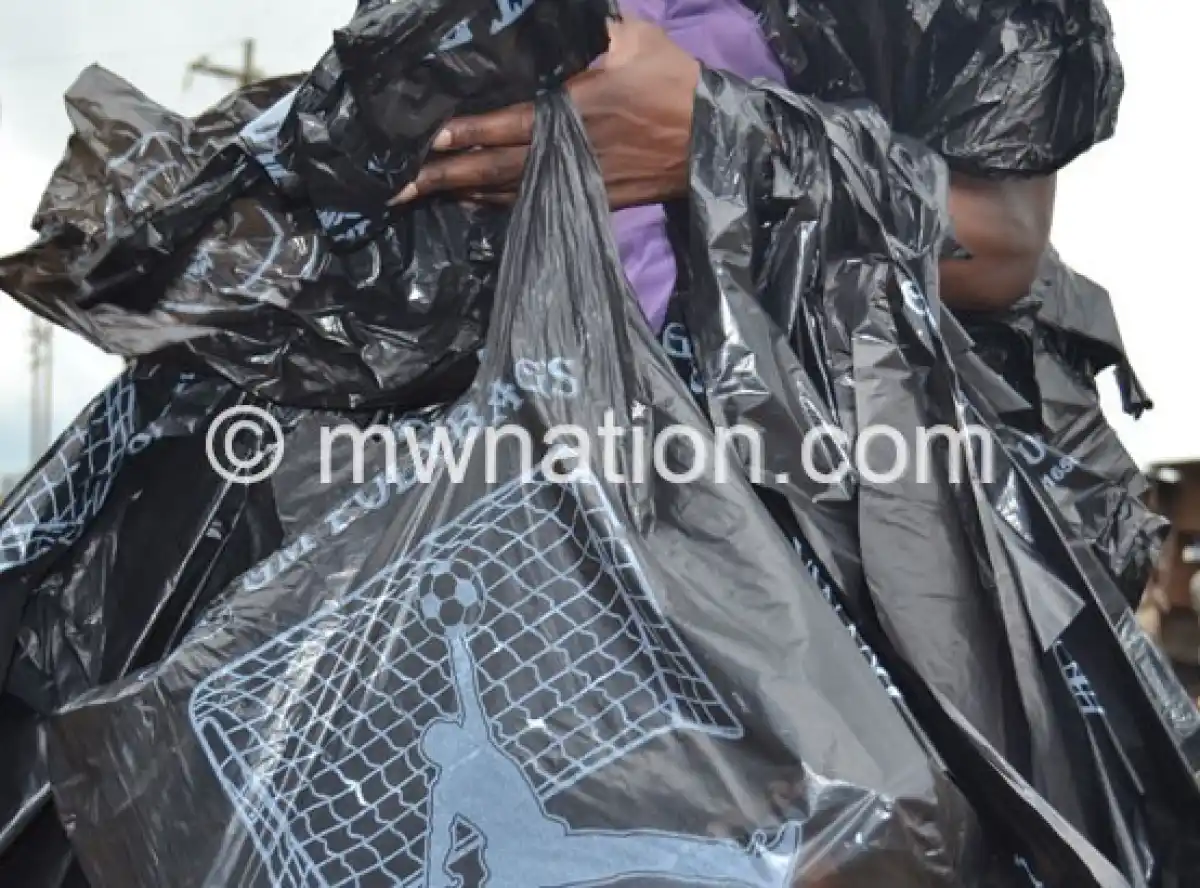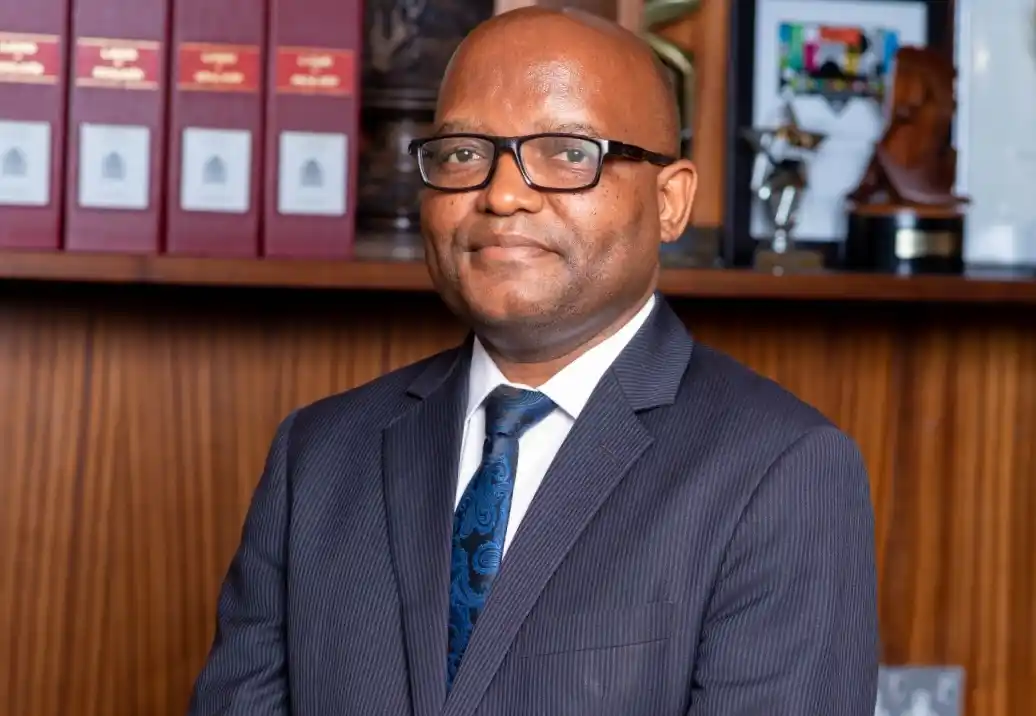
Malawi Council of Churches (MCC) has expressed concern over the stay order granted to 11 plastic manufacturers restricting the Malawi Environmental Protection Authority (Mepa) from enforcing a ban on single-use thin plastics.
The reaction from the ecumenical body, made up of 26-member churches and para-church affiliate organisations, comes against the background of an order of July 9 2024 made by Judge Simeon Mdeza, who gave the 11 plastic manufacturers permission to apply for judicial review.

The plastic manufacturers are challenging the constitutionality and legality of the Environmental Management (Plastics) Regulations of 2015 and, subsequently, Mdeza also ordered that the matter should be referred to Chief Justice Rizine Mzikamanda for certification as a constitutional matter.
But in their protest statement on Friday co-signed by board chairperson the Reverend Billy Gama and general secretary the Reverend Alemekezeke Phiri, the churches’ body expressed surprise at the intentions of the 11 plastic manufacturers.
Part of the statement reads: “MCC is concerned about the companies and their intentions on the environment, and at the same time is deeply concerned at the abuse of the legal machinery at the expense of poor Malawians.
“The court injunction on July 9 2024 to stop the Malawi Environmental Protection Authority from enforcing the ban on thin plastics under the Environmental Management Plastics Regulations [2015] is an unfortunate repeat of a court action of 2015 by other plastic manufacturing companies aimed to frustrate government”.
The fresh court order comes after another plastic manufacturer, golden Plastics Limited, withdrew its appeal filed in the Malawi Supreme Court of Appeal against enforcement of the ban on single-use thin plastics.
Initially, the case started in 2021 when the High Court in Lilongwe vacated an injunction prohibiting enforcement of the ban against manufacturing, distribution, sale, exportation and importation of thin plastic bags of less than 60 microns.
In July 2021, Golden Plastics Limited obtained a stay order that restrained Mepa from implementing the ban. But Mepa applied to have the stay order vacated. However, hearing of the application was adjourned numerous times until April this year when the case resumed.
Mzikamanda then dismissed Golden Plastics’ application to extend the order when parties to the case appeared before him.
But MCCs statement has decried the fresh order, arguing that it violates God’s creation through pollution and destruction of the ecosystem and has since called on faith leaders to speak out against thin plastic use and advocate for alternative packaging such as cloth and biodegradable paper bags, baskets and other forms that do not run the risk of harming the environment.
“This can be done through faith based platforms, including marriage and youth counselling sessions, sermons, scripture sharing that embrace youth and children to build a more resilient earth-keeper generation.
“Individuals, couples, families, communities and the nation must be built on the understanding that by shunning thin plastics, we can indeed contribute in saving ourselves from more climate change disasters,” MCCs statement further reads.
The statement also appeals to the government to provide alternative environmental friendly and climate-smart alternatives to the business community in the interest of the environment, understanding that many plastics end up in water sources where they release greenhouse gasses as they slowly break down.
In the fresh order, the Minister of Natural Resources and Climate Change is the first defendant while Attorney General Thabo Chakaka Nyirenda is the second defendant.
The 11 plastic manufacturers, in submissions through their lawyer Wapona Kita, argue that the plastic regulations, before being introduced, were supposed to be laid before Parliament.
On judicial review, the plastic manufacturers noted that they were supposed to apply within three months after the ban was introduced, but this was delayed by nine years because discussions related to the ban and other court cases on the same.
Part of the submissions reads: “Now that those proceedings have been concluded to finality, albeit without deciding on the constitutionality issues raised by the claimants in these proceedings, it is only right and proper for the court to extend the period for them to apply for judicial review”.








0 Comments